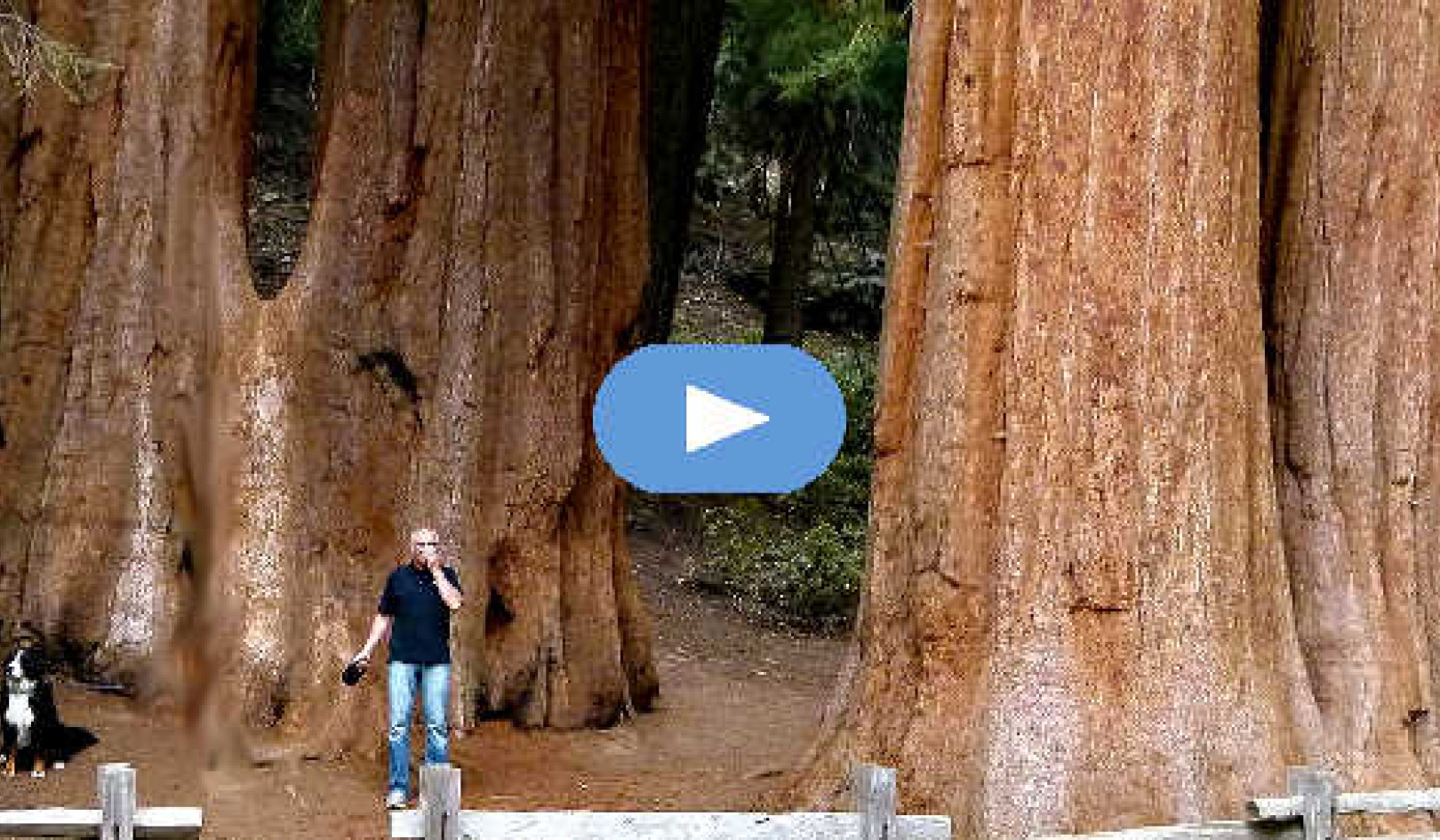
Image by Clker-Free-Vector-Images
Becoming aware of the breath, and then surrendering to its impulse, the primal urgency to breathe, has always led me into a dimension of experience that feels so much richer, and frankly far more satisfying, than the more conventional condition of consciousness—primarily lost in thought and unaware of bodily presence and the cyclic motions of breath—that passes as normal in the world at large and from where I began my inquiry so many decades ago. I’ve mostly used terms like the Great Wide Open, the ground of being, the source of all things to describe the transformation that would occur.
I have even, on occasion, made such statements as, “The Great Wide Open is what happens to you when you surrender completely to your breath.” Call it what you will. Breath is the common denominator beneath the words, and breath has the ability to take you to the place that all the words—voiced so differently but so similar in intention—point directly to: the source, the ground state, the wide-open dimension, the God.
Do You Breathe Deeply?
The reality is that we don’t breathe very deeply at all. We restrain our breath. We hold it back. We tense our bodies to form a kind of armoring wall that keeps the breath contained, shallow, held in. We take in just the amount of air we need for our body’s physical survival but not enough to experience the felt presence of what I believe God to be.
Clearly, if we’re to recreate the original breath through which God created Adam, and to experience God’s life-giving presence through that breath, we would need to relax the containment, soften the constrictions, and bring breath back to vibrant and dynamic life. By resisting our impulse to breathe deeply and fully, we resist the felt presence of God in our lives.
The Awareness of Breath
In the teaching I do in the Buddhist world, I have mostly focused on a single passage of instruction from the Satipatthana Sutta, a very early text whose words were supposedly spoken by the historical Buddha himself. This passage expresses the Buddha’s culminating instructions on the awakening of the awareness of breath, and he tells us that as you breathe in, breathe in through the whole body; as you breathe out, breathe out through the whole body.
Now, every tenth-grade high school student who’s ever successfully completed a course in human biology knows that we don’t breathe through the whole body. We breathe through our nose and often our mouth as well, not through the whole body. The air we breathe goes only as far as the lungs, where it undergoes a transformation that, while it then does spread itself through the whole body, does so in a form that can no longer be viewed or understood as breath.
But the Buddha knew nothing about oxygen in the air and the exchange of gases in the lungs. He wasn’t speaking of what we now view as anatomical fact. He was pointing to spiritual reality and a strategy by which you can alter your consciousness through experiencing breath come so alive that it can be felt to stimulate sensation in every little part of the body.
With this understanding, the notion of breathing God into your body with every inhalation you take sounded like a reasonable theistic possibility. Even though the Buddha never embraced the concept of God, the experience he was pointing to, and the shift in consciousness that it requires and elicits, amounts to much the same thing.
Breath: The Source of Life and Transformation
So much of our chronic discomfort comes from turning our back on our highest potential, sheepishly holding ourselves back from stepping out from the herd into the fullness of our life. We’re like caged animals who’ve been kept captive for so long that they’ve forgotten that the door to their cage has actually always been open.
If the winds of breath, the agent of the healing power of God, might have the power literally to blow away the pain and suffering we so often feel in our body, our mind, our emotions, why not surrender to its highest potential?
How can I breathe God into my body, into my being, on every breath I take? And what will release itself on the accompanying exhalation? If I give myself permission to look on breath as not just sustaining the life of my body, but as opening me to a direct experience of the presence of God, what will that breath have to be like, and what will I have to do to allow such a transforming breath to occur?
Breath: Our One Common Ground
Beneath the stories we were born to and largely identify ourselves with lie the body and the breath, our body formed from the common elements of Earth, our breath shared with everyone on the planet. Beneath the stories is the common source from which all the stories originally sprung. There may be a Jewish story, a Christian gospel, a Muslim narrative, but there isn’t a Jewish breath distinct from a Christian breath different from a Muslim breath.
The elements of Earth and the air we breathe are our common heritage, not the subsequent tales that divide us into tribes that view “the other” as threatening. The practice of Breathing God is for all those devout Christians, Muslims, and Jews (and for everyone else as well) for whom rites and rituals, systems of faith and belief, are not in themselves enough to satisfy their spiritual hunger, but who thirst for something more, something more direct and immediate, who long to experience firsthand, indeed, first body, the felt presence of God.
©2019 by Will Johnson. All Rights Reserved.
Excerpted with permission from Breathing as Spiritual Practice.
Publisher: Inner Traditions Intl.
Article Source
Breathing as Spiritual Practice: Experiencing the Presence of God
by Will Johnson Through his own contemplative journey, Will Johnson shares his experience of striving to surrender to the fullest presence of God through each breath. As he takes the reader step-by-step through his own breathing practice, the author explains his physical and mental techniques for meditating successfully through breath and provides helpful guidelines to get the most out of meditative retreats. Johnson also offers deep reflections on how these shared practices of experiencing God through the breath transcend religious differences. (Also available as a Kindle edition.)
Through his own contemplative journey, Will Johnson shares his experience of striving to surrender to the fullest presence of God through each breath. As he takes the reader step-by-step through his own breathing practice, the author explains his physical and mental techniques for meditating successfully through breath and provides helpful guidelines to get the most out of meditative retreats. Johnson also offers deep reflections on how these shared practices of experiencing God through the breath transcend religious differences. (Also available as a Kindle edition.)
For more info and/or to order this book, click here. Also available as an Audiobook and as a Kindle edition.
More books by this Author
About the Author
 Will Johnson is the founder and director of the Institute for Embodiment Training, which combines Western somatic psychotherapy with Eastern meditation practices. He is the author of several books, including Breathing through the Whole Body, The Posture of Meditation, and The Spiritual Practices of Rumi. Visit his website at http://www.embodiment.net.
Will Johnson is the founder and director of the Institute for Embodiment Training, which combines Western somatic psychotherapy with Eastern meditation practices. He is the author of several books, including Breathing through the Whole Body, The Posture of Meditation, and The Spiritual Practices of Rumi. Visit his website at http://www.embodiment.net.





























